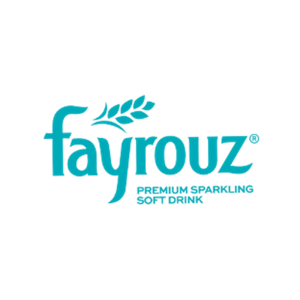Anchor Borrowers Programme: FG should prioritize sorghum as a focus crop.
The Managing Director of Nigerian Breweries Plc, Hans Essaadi, has advocated the need for the Federal Government to place sorghum as a focus crop under its ‘Anchor Borrower Programme’ given the growing demand and usage by many manufacturing companies in its production processes.
Essaadi gave this advice while speaking recently at a panel session during the 2022 Employers Summit organized by the Nigeria Employers’ Consultative Association (NECA). He remarked that it has become imperative for government to include sorghum as one of the critical agricultural commodities as it would help reduce the pressure on foreign exchange from companies, thereby conserving Nigeria’s foreign reserves.
He further noted that the inclusion would significantly boost and create more jobs as many smallholder farmers would get more involved in its cultivation.
Speaking on the topic ‘Backward Integration and the Promotion of Made in Nigeria Goods’ Essaadi explained that Nigerian Breweries Plc has invested heavily over the years in Research and Development (R&D) in the sorghum value chain and this delivered enormous gains, particularly with the local production of malted sorghum and malted syrup replacing the imported high maltose syrup since 2019.
He explained that the company’s local cultivation of sorghum varieties had assisted a great deal in reducing the amount of foreign exchange spent on the importation of sorghum which has impacted the cost of production for both non-alcoholic and alcoholic products in the last few years.
He stated that the success story of the cultivation of sorghum varieties could be attributed to the level of support and collaboration between the research team and the farmers adding that the investment has gone a long way to support livelihoods in the entire agricultural value chain.
“I am happy to inform you that we now use more sorghum varieties in our non-alcoholic drinks than in our beer. This aligns with our goal to boost our position as the proud #1 Malt Beverages & Beyond Company in Nigeria and become a reference point in sustainability and responsibility”, Essaadi said.
He identified several factors which had negatively affected the backward integration of sorghum for beverage companies. These include the high cost of research and investment, a highly fragmented market with relatively small size farmers, the task of expanding the network of sorghum varieties outside the north, the issue of encouraging farmers to use the high yield seed; and limited development of a network of suppliers to buy directly from farmers.
Essaad further called for the government’s support, especially in critical investments in irrigation, infrastructure and institutional reforms.






























